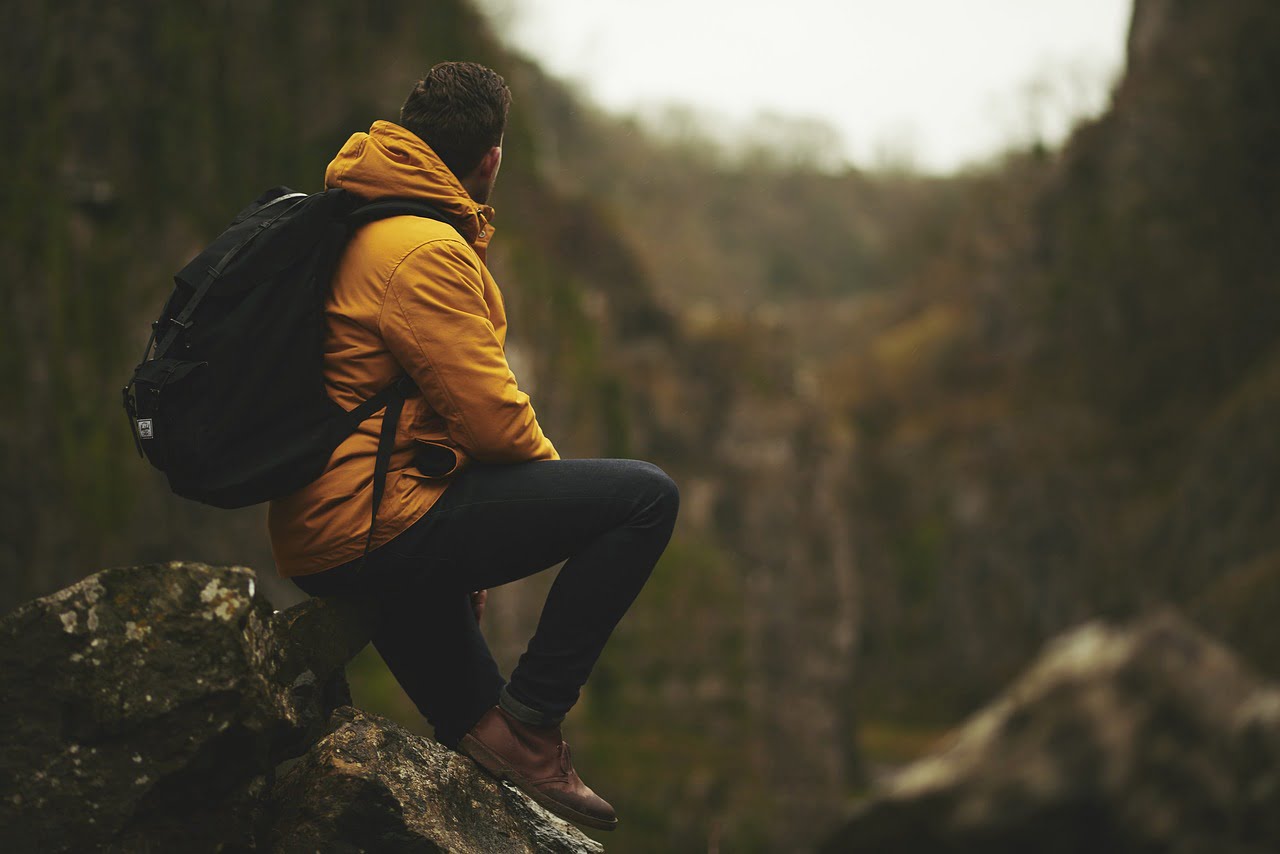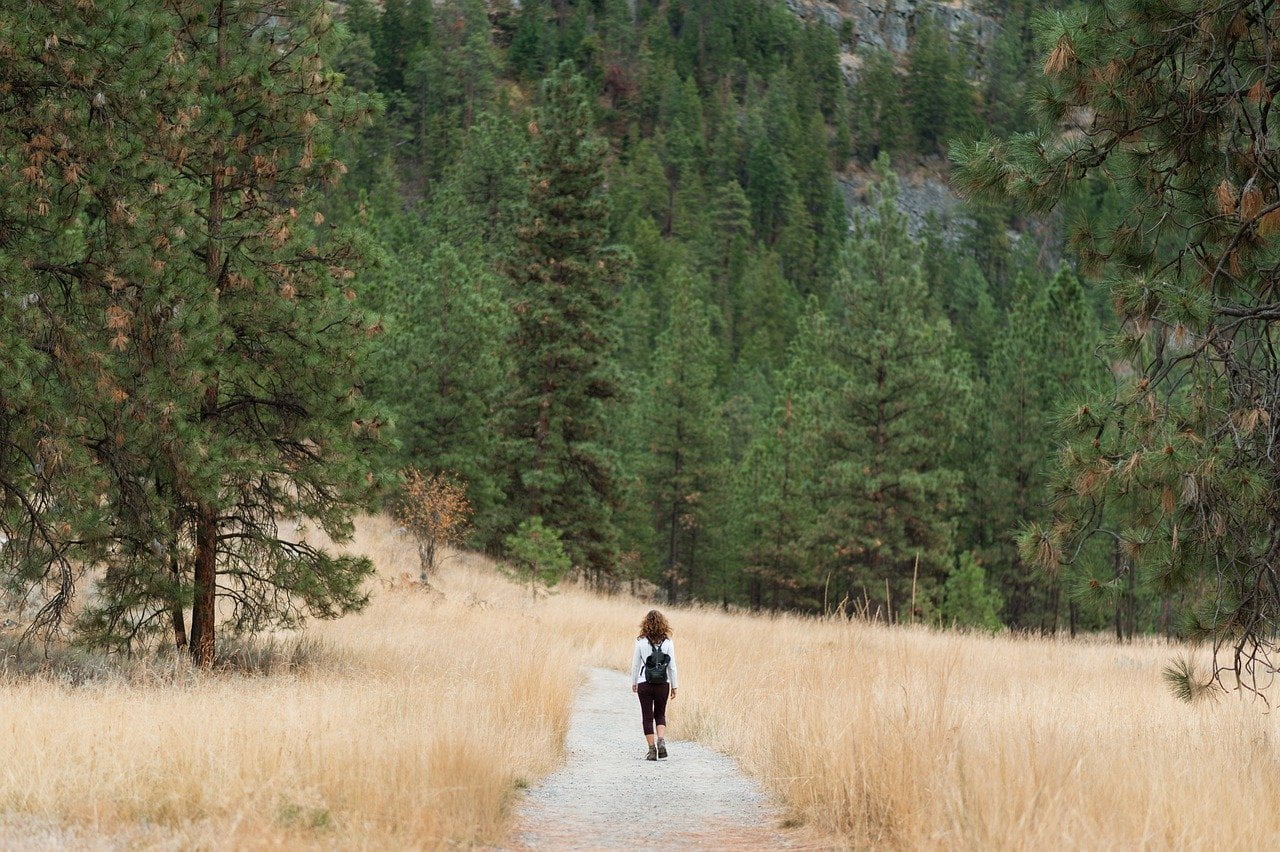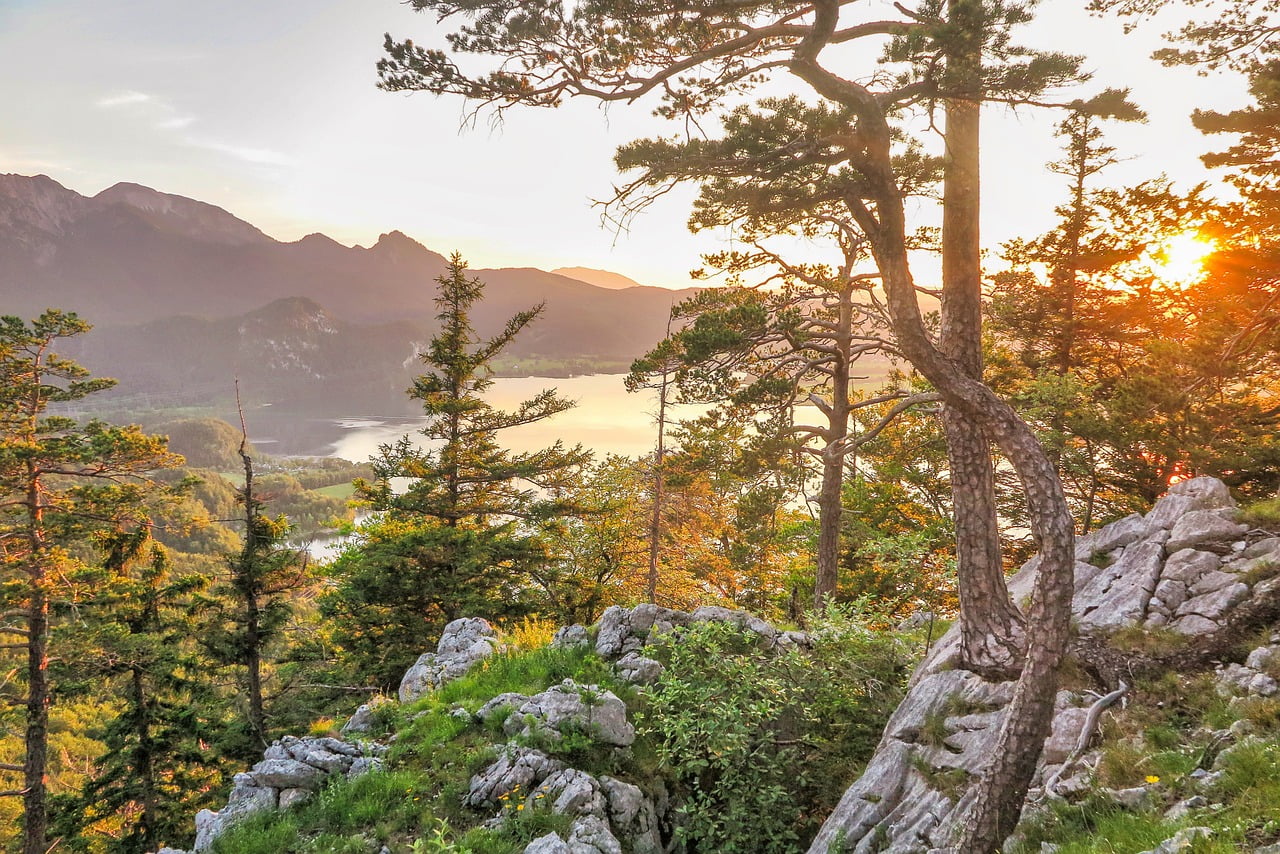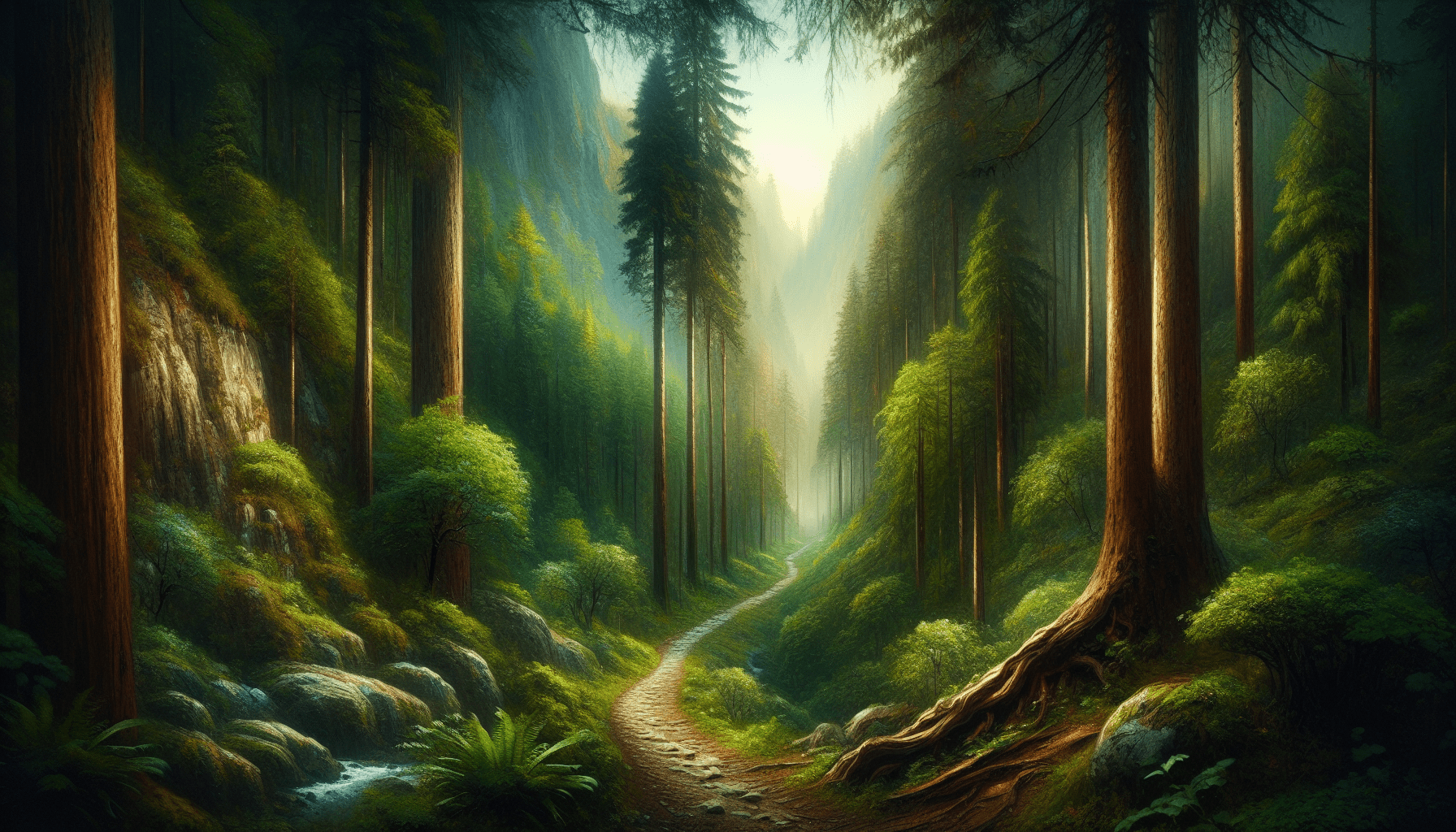
However, the core attraction remains unchanged: the desire to disconnect from the digital world and reconnect with the natural one. A survey by Statista in 2020 found that 58% of respondents in the U.S. participated in outdoor activities to enjoy nature. Trails offer a natural escape from the fast-paced, concrete jungle of modern life, providing a serene environment to unwind and reflect.
When we talk about trekking, what exactly do we mean? Trekking involves walking long distances, often over several days, in rugged or scenic terrain. Unlike simple hiking, which can be a short, day-long activity, trekking typically involves more challenging landscapes and extended periods of time on the trail.
Key features that characterize trekking include:
Selecting the right trail can make or break your trekking experience. The trail you choose should match your fitness level, experience, and the kind of adventure you seek. Here are some well-known trekking trails to consider, each offering unique landscapes and experiences:
| Trail Name | Location | Distinctive Feature |
|---|---|---|
| Inca Trail | Peru | Ancient ruins and high altitudes |
| Everest Base Camp | Nepal | Breathtaking Himalayan views |
| Pacific Crest Trail | USA | Diverse ecosystems over 2,650 miles |
| Tour du Mont Blanc | France/Italy/Switzerland | Traverses three countries |
| Milford Track | New Zealand | Pristine fjords and rivers |
These trails vary in difficulty, scenery, and cultural experiences, giving you plenty of options to find your perfect trek.
Packing the right gear is crucial for a successful trek. The essentials include:
Having the proper gear can make your trek more comfortable and significantly reduce the risk of injury.

This image is property of pixabay.com.
The Inca Trail in Peru is a classic trek that attracts thousands of hikers each year. This trail is not just a walk through the mountains; it’s a journey through history. The trail leads you along ancient paths once used by the Incas, culminating in the breathtaking sight of Machu Picchu.
Cultural and historical significance aside, the trail poses significant physical challenges. Over the course of four days, trekkers navigate steep inclines, high altitudes, and variable weather. The stunning scenery—lush cloud forests, snow-capped peaks, and serene rivers—offers a payoff worthy of the effort.
Venturing to Everest Base Camp in Nepal is a dream for many trekkers. This trail spans approximately 70 miles, starting from Lukla and ascending through varying terrains to reach an altitude of over 17,000 feet. Along the way, trekkers encounter Sherpa culture, monasteries, and unparalleled mountain vistas.
The high altitude is a significant challenge, requiring acclimatization and careful pacing. Experienced guides and established lodges along the route support trekkers, making this formidable journey more accessible. The reward? Standing at the base of the world’s highest peak, feeling on top of the world—literally.
Trekking trails are as diverse as the trekkers who walk them. Here are some nuanced perspectives from various types of trekkers:
| Perspective | Description | Example |
|---|---|---|
| Adventure Seeker | Seeks thrills and physical challenges | Conquering Kilimanjaro |
| Nature Lover | Seeks to immerse in natural beauty and wildlife | Trekking through Patagonia |
| Historian | Enjoys uncovering historical and cultural sites | Exploring ancient ruins on the Hadrian’s Wall Path |
| Spiritual Seeker | Uses trekking as a means for spiritual reflection | Pilgrimage on the Kumano Kodo trails |
| Fitness Enthusiast | Prioritizes physical fitness and endurance | Endurance running on the Ultra-Trail du Mont-Blanc |
Each perspective brings a unique approach to trekking, tailoring journey objectives to personal goals and interests.

This image is property of pixabay.com.
Research consistently points to the positive effects of trekking on both mental and physical health. Physical benefits include improved cardiovascular fitness, muscle strength, and endurance. For instance, the Journal of Sports Sciences highlights that regular trekking can lead to significant improvement in aerobic capacity.
On the mental health front, being in nature has been shown to reduce symptoms of stress, anxiety, and depression. The BBC reported a study from Stanford University revealing that walking in natural environments decreases rumination—a process linked to mental health disorders. The combination of physical activity and immersion in nature creates a potent antidote to modern stressors.
Looking ahead, several trends are shaping the future of trekking:

This image is property of pixabay.com.
Trekking trails, as they continue to evolve, have broader implications for society. They promote outdoor recreation, contributing to overall public health. Trails also serve as educational platforms, teaching young trekkers about ecology, geology, and history, fostering a deeper appreciation for conservation.
Moreover, trekking can boost local economies. Communities along popular trails often thrive on tourism, with lodges, guides, and other services providing income. This economic impact highlights the need to balance tourism with sustainability to maintain the trails’ natural beauty for future generations.
To sum up, trekking is a multifaceted activity that offers countless benefits to individuals and communities alike. From its rich historical roots to its modern-day appeal, trekking invites you to step away from the ordinary and embrace the extraordinary. Whether you’re seeking adventure, peace, fitness, or spiritual growth, there’s a trail that awaits your footsteps.
So, next time you feel the pull of the unknown, why not answer it? Imagine the stories the trails can tell, the vistas that await, and the personal discoveries that lie just beyond the next bend. What trail will you tackle next, and what will you discover about yourself along the way?

Exploring the Serene Beauty of Trekking in India
How to Avoid International Roaming Charges